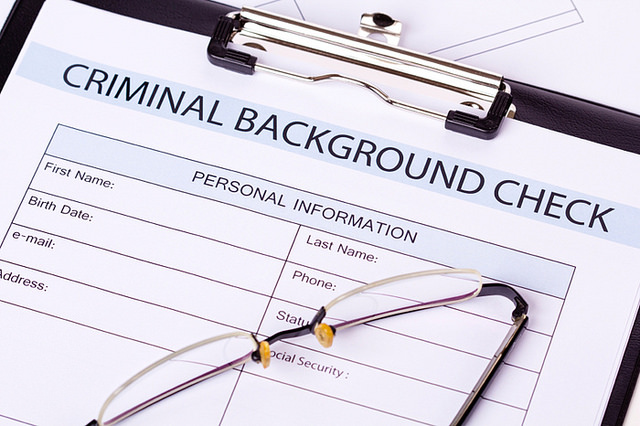Expungement: How does it work? When can it be used?
People who have been convicted of crimes in Texas may face a lot of hardships. Many employers and landlords require applicants and potential tenants to list previous convictions on their applications. A past conviction can cause a person to be denied jobs and housing opportunities.
In some cases, it may be possible for a defendant to obtain an order of expunction. If this is successful, the order of expungement can effectively erase the defendant’s criminal record for a particular offense.
However, the expungement process can be complex and it will not apply in every case.
How Expunction Works
In order to be eligible for an order of expungement in Texas, certain conditions must be met. These conditions include:
- A person who is charged but later acquitted
- A person who received a guilty conviction but was later found to be innocent
- A person that was convicted but later pardoned
- A person was charged but had their case dismissed
- A person who was arrested but was not charged for a certain period of time
A defendant who meets one or more of these conditions may be eligible for an order of expunction. However, some criminal offenses are automatically ineligible for expungement in Texas. These include:
- DWI
- Child molestation
- Prostitution
- Vehicular homicide
If the statute of limitations is still in effect for a criminal offense, a defendant may be deemed ineligible for an order of expunction for that charge.
How to File For Expungement
Before an order of expunction can be granted, the defendant must complete several steps. It is very important to complete each one of these steps correctly. A judge has the power to reject an application for expungement if it is completed incorrectly.
The following steps will have to be completed:
- Request and complete a Petition for Expunction
- Have the petition notarized
- File the petition in the county where the charges were filed
- Attend the scheduled respondent hearing
If the hearing goes well, the judge may decide to grant the order of expunction. Respondents may be invited to the hearing. These are people who are involved in the case who may argue for or against the order of expunction.
Once the order of expungement has been granted, the defendant will need to sign the order. Then the order needs to be filed with all of the places that have the case records on file. This could include local police stations, the county courthouse, and the county clerk’s office.
After the order has been filed, the case records will be returned to the county clerk. They will remain on file at the clerk’s office for a brief time before the expungement takes full effect.
Benefits of an Expungement
Successfully obtaining an order of expunction can have a lot of advantages for a defendant. The order may allow the defendant to answer “no” on job applications that ask about past criminal convictions. This can open up a lot of opportunities for the defendant that would otherwise be unavailable.
It is very important to consult a lawyer before attempting to request and file a petition for expunction. As stated above, these forms have to be filled out in detail and a mistake could cause the petition to be thrown out by the judge. An attorney may be able to provide advice and help the defendant through the filing process.
An attorney is also likely to know which agencies have the defendant’s records on file. This is important because all of these records need to be returned after the expunction has been ordered. Hiring an attorney is a great way to ensure that the expunction process goes as smoothly as possible.
If you need to have your criminal record expunged, it’s important to get legal representation immediately. Contact the law office of Rand Mintzer today. We will fight hard to protect your rights and future. Call (713) 862-8880 or email for a free, confidential consultation.
Photo Paul J. Donnelly | Used under Creative Commons image attribution license 2.0

